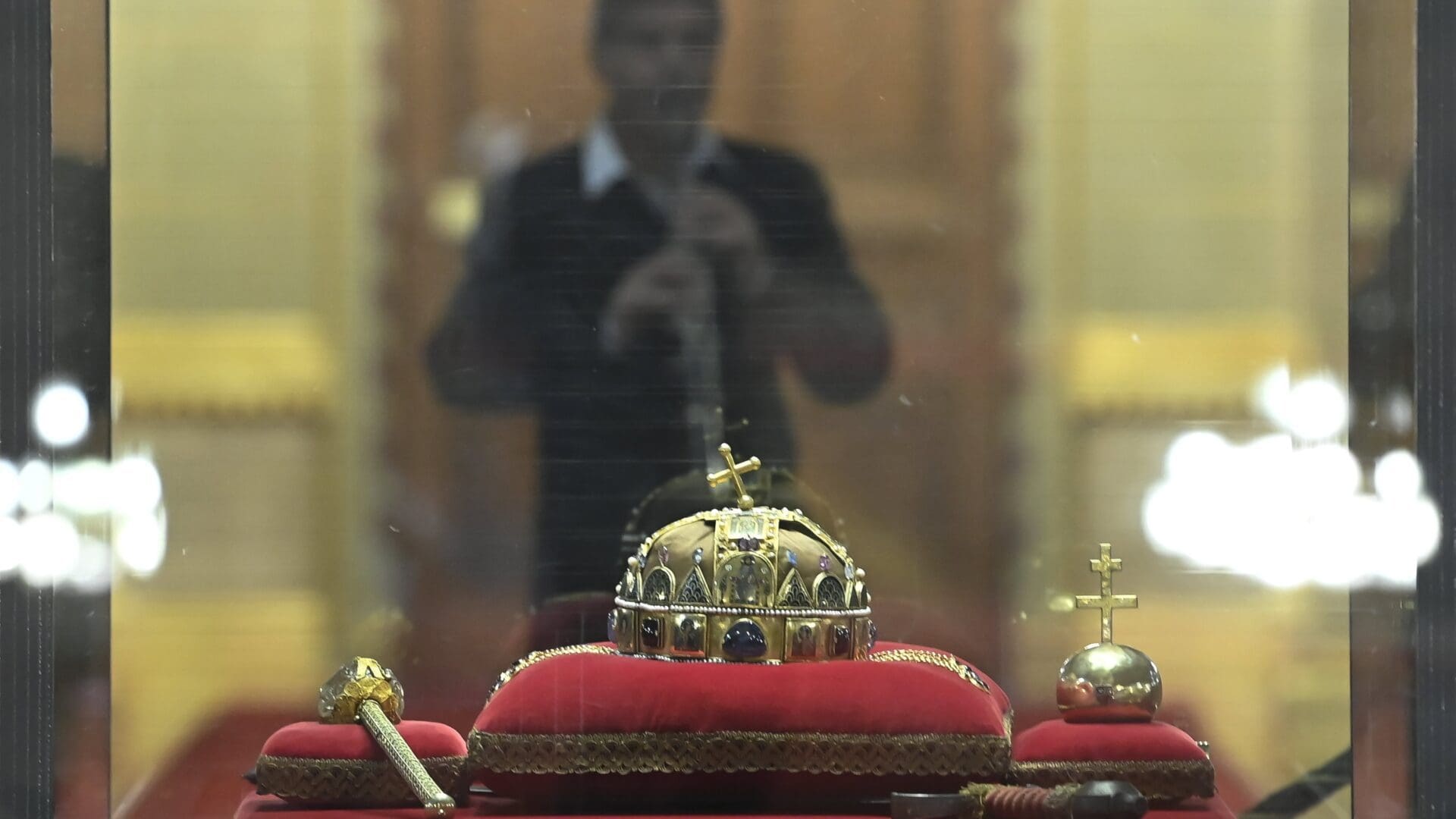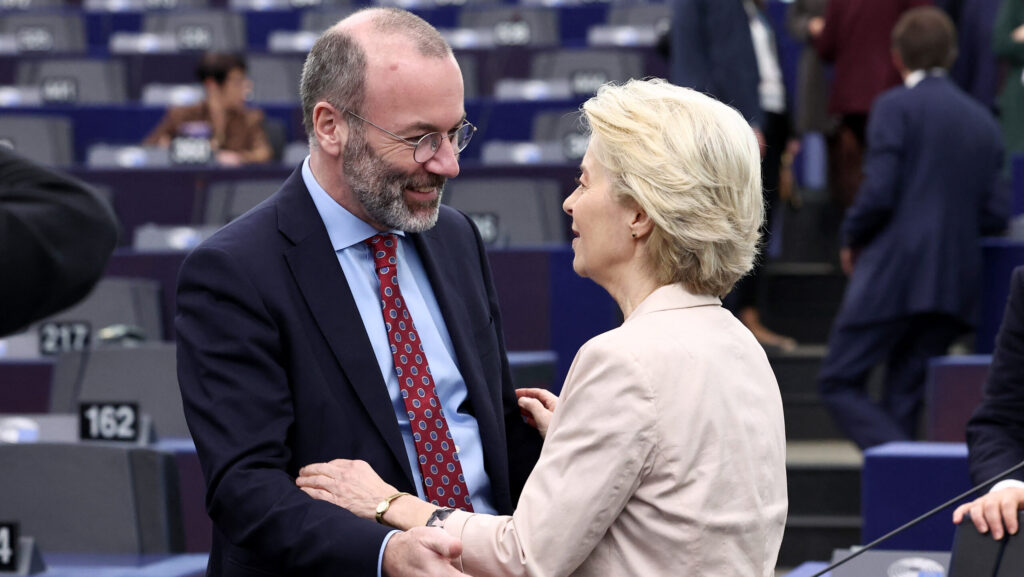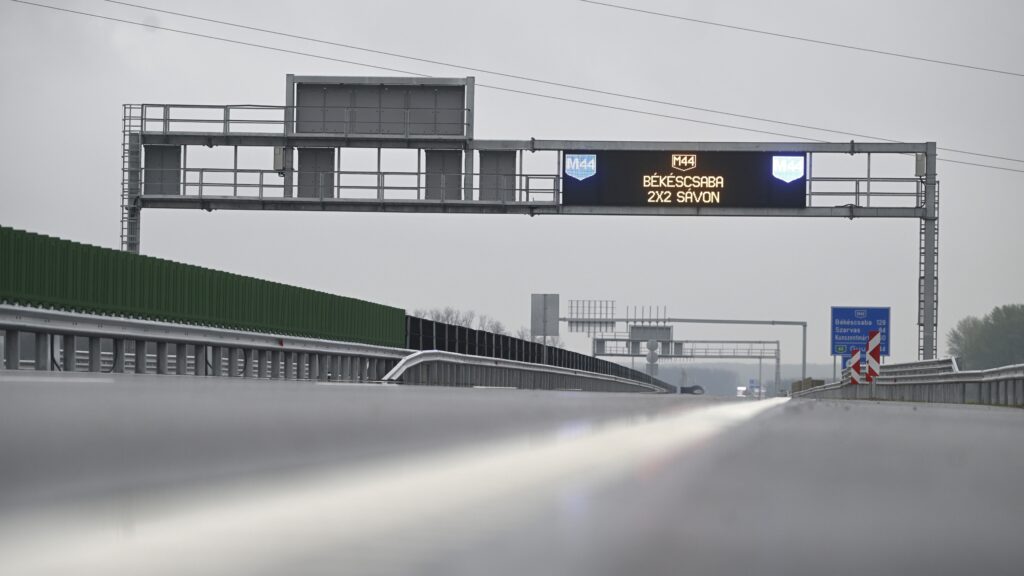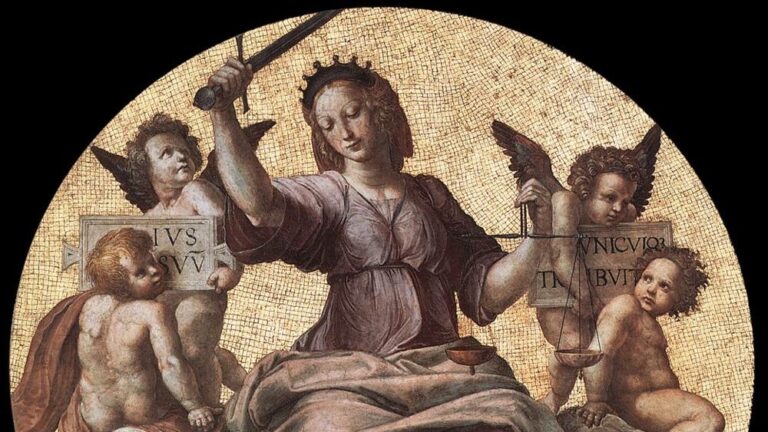Political thinkers with a conservative orientation have defended the monarchy ever since they stepped onto the stage. In relation to the modern history of ideas, Burke and de Maistre stood for the monarchy against the republic, but others also mostly defended monarchical institutions and talked about their positive rather than their negative features. Today, however, political science mostly agrees that, despite the fact that it is possible to discuss the weaknesses and contradictions of the republic and/or democracy, it would be very difficult to imagine a different kind of political system. However, if we judge the republic/democracy to be insufficient, but do not put anything in its place, to some extent what we are also saying that the republic/democracy is the least bad political system. This is accepted by most of today’s conservatives.
But let is ask a hypothetical question—if someone wanted to argue otherwise,
would it even be possible to find convincing and rational arguments in favour of the monarchy?
In relation to the defence of the monarchy, and especially if it is not a purely a ‘democratic monarchy’ where the ruler’s role is mostly ceremonial, but an ‘effective’ monarchy, the suspicion of ‘anachronism” may immediately arise. In the historical period that began with the French Revolution and ended with the First World War, the weaknesses, decline and fall of monarchies could be objectively experienced. For the view of linear historical progression, which takes into account the principle of survival of the fittest, this seems a clear sign of the exhaustion of the monarchy.
While the concepts of democracy and dictatorship are usually opposed to each other in an antagonistic way, monarchy is not even listed as a serious alternative in the contemporary political philosophical discourse. In general, it is customary to look at the monarchy—also from a conservative point of view—as a relic of the past, which may indeed be respectable but something that essentially belongs to the past and has no political reality to be taken seriously in the present. Although the monarchy has changed, and in a way adapted to the parliamentary-democratic institutional system and thought, it is still part of the political experience today.
(All this is to be understood in terms of the European landscape—we are not talking about for instance Islamic monarchies such as the Kingdom of Morocco or the Kingdom of Saudi Arabia.) It is rather paradoxical that the relative popularity of contemporary parliamentary monarchies is due to this very fact: according to the principle of neutrality, prime ministers or other heads of government are responsible for unpopular political decisions.
A contemporary form of monarchy, in which ‘the king rules but does not govern,’ which is called ceremonial as well as parliamentary, of course can hardly be called an effective monarchy according to the original meaning of the word, which is not identical but similar to monocracy, the rule and supreme power of only one person.
Many different versions and orientations of the monarchy are possible.
Monarchy in the European culture can be understood as a Christian monarchy,
which essentially represents a mixed form of government with an effective ‘monarchical’ head who, performing the governing tasks within the framework of the constitution, actually intervenes and does not merely countersign all decisions of the parliament and the government. At the same time, this still means a constitutional, but not merely symbolic monarchy.
If we want to argue in favour of the monarchy, we might think that the suspicion of anachronism related to the reference to the monarchy can be reduced if we pay special attention to the phenomenon of the so-called metabolé politeion. Referring to ancient authors such as Plato, Aristotle and Polybius is ‘out of date only if we ourselves think within the paradigm of linear progress. In connection with the very ancient observation that the forms of government can easily transform into each other, we can prove that the experience of the ancients was not contradicted by our modern historical experience. If someone does not accept the idea of linear progress—as certain conservatives do—they can rightly claim that the future is unpredictable. It is also a fact that the monarchical function has not unequivocally disappeared from the experience of the people of the democratic age either. On the one hand, the institution still exists today, and on the other hand, democratic government systems themselves have monarchical components present in the presidential function of republics (which was not known, for example, in ancient republics and democracies) and can also be found in dictatorships, since—as, for example, Kuehnelt-Leddihn writes—(modern) dictators are ‘monarchs minus their essential attributes.’[1]
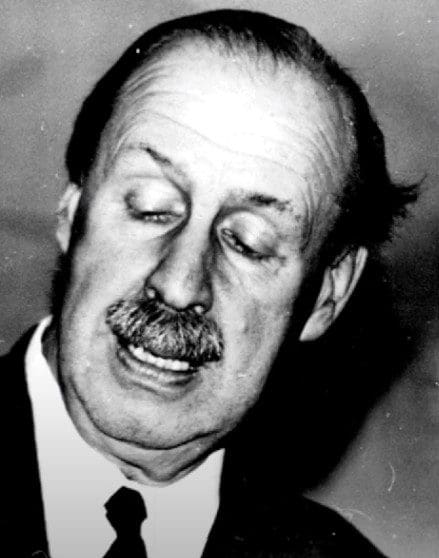
What are then the ‘essential attributes’ that eventually distinguish monarchy from tyranny?
If we define the monarchy in relation to European culture, we can find that the traditional ideal of the Christian ruler recognizes the freedom of the subjects, because it recognizes free will and recognizes the reality and value of the Person—as an entity created in the image of God. Unlike the advocates of a totalitarian dictatorship, s/he does not subordinate it to the tyranny of a collective ideal, a volonté générale, in whatever form it takes.
It is certain that the commitment of European monarchist writers is in fact rarely based on some kind of ‘servility.’ On the contrary, for them it mostly follows from the realization that the kingship—as a quality ‘encoded’ in the ontological structure of Creation—is precisely the expression of freedom manifested in natural inequality, that is, real differences between people regarding their intelligence, morality and responsibility. These writers saw that a lot of misunderstandings, ideological distortions or even falsifications had appeared in the public opinion as well as in the field of more abstract political and political-philosophical thinking regarding the subject. Some of them believed that the anti-monarchical sentiments that became almost universal from the second half of the 18th century were born from more of a myth than an objective political analysis. This myth, without actually examining exactly what kind of monarchy/republic one has at hand, suggests that a democracy or a republic is always good, while a monarchy is always a bad (anachronistic, oppressive, dysfunctional, outdated, etc.) form of government.
Monarchy, for example, is often deliberately confused, even blurred with dictatorship—this kind of argumentation appeared early on, with the French Revolution, and even in the American War of Independence, where George III, the King of Great Britain was regarded as a ‘tyrant’ or ‘despot.’ The blurring of the dividing lines could also happen because the opponents of the monarchy did not sufficiently define where tranny begins and where monarchy ends—and taking this idea further, they often went so far as to make claims based on individual fantasies about the nature of the monarchical form of government, without investigating the actual facts. If a monarchy is an entity precisely separated from a republic (oligarchic, aristocratic or democratic republic) or from a dictatorship (by which we mean a monolithically controlled, often total form of state power that is not limited by intervening autonomies), then, in accordance with the classical traditions of political thought, they should have rather emphasized the question of political legitimacy. Monarchy, like tyranny, is the rule of one person, but while monarchical power is aimed at the common good, according to Plato and Aristotle, tyranny is a corrupted form of monarchy, where the sole ruler exercises power to his ‘own advantage.’ It is by no means certain that this was the case in all European monarchies overthrown by revolutions.
Although we may encounter tyrannical monarchs in the course of history, the basic principle, ideal and general practice of monarchy has never been and never could be the unlimited exercise of authoritarian power, an unconditional command system, the cult of planning taken to the extreme, bottomless hatred of ‘the people’, or militarism in the general sense.
According to Kuehnelt-Leddihn, in the context of monarchy and constitutionalism, it may be misleading to mention the topos that distinguishes the rule of the people from the rule of law: the first would apply to the monarchy, while the second to the republic, since constitutionalism in the context of the classic European monarchy means rejecting arbitrariness. We don’t necessarily have to think about a constitution in some written form.
As he writes:
‘It must not be forgotten that the Christian European monarchy was through most of its history of a constitutional pattern,
which circumscribed and limited the ruler’s sphere of action by the law of God and the law of the land.’[2]
The same author, speaking about monarchical authority, also noted that, at least according to the ideal theory, the duty of the holder of power in all circumstances is to direct his activities to the ‘common good.’ The way he formulated it, the legitimate ruler who exercises power in a way that is consistent with the highest requirements of rationality and love. In the Christian culture, such a ruler can be considered a leitourgós teóú, i.e. a ‘helpmate of God.’[3]
One of the most important fundamental ideas and traditions of Hungarian constitutionalism can also be linked to the idea of kingship: the idea of the Holy Crown of Hungary. In his famous Admonitions to his son, Prince Emeric, King Saint Stephen says that ‘a country with one language and one custom is weak and fallible.’[4] It would be incorrect to see a sign of King Stephan’s ‘early liberalism” in this wording. Rather, one of the characteristics of the Christian, and in the case of the young Hungarian kingdom, pre-Christian, steppe nomadic empires (i.e. Hunnic, Avar, Khazar empires), the self-consistent elite of the empire-union and the ally built around it, is not necessarily related the federal-hierarchical relationship of ethnic peoples and tribes.[5] As the king writes: ‘Therefore, I command you, my son, to patronize the newcomers with goodwill and to hold them in esteem.’[6] With this, the king underlines the integrative and actually ‘transnational’ character of the kingdom. The king’s duty is the ‘guardianship’ of the people, that is, arrangement, protection. ‘Enlarge your kingdom every day, so that your crown will be considered great by the people,’[7] the king exhorts his son. Regarding this passage, too, we should think much more of the king’s incessant work for the people and the country, the constantly repeated acts of founding, than of some kind of war of conquest. The text of the Admonitions also points out that the king’s actions are remembered by the people, and, according to the medieval understanding of the people and the kingdom, the ruler’s authority increases in direct proportion to the progress of the country’s development. The doctrine of the Holy Crown of Hungary, a specifically Hungarian political idea, in its essence, referring to the ‘original’ crown of King Saint Stephen, was the cornerstone of the historical constitution of the Kingdom of Hungary, which is closely related to the idea of kingdom and kingship, in general.
According to its most fundamental concept, everyone who has political rights in the territory of the country is a member of the crown, a part of its ‘body’. From the 14th century on, the interpretation of the Holy Crown doctrine broadened: from then on, in addition to the barons and the ecclesiastical order, the lesser noblemen also formed part of the body. This concept was recorded by Werbőczy in the 16th century in the Tripartitum, and after the emancipation of serfs in 1848, all citizens of Hungary became ‘members of the Holy Crown.’
László Ottlik—the cousin of acclaimed writer Géza Ottlik—, one of the important Hungarian political philosophers of the 1920s and 1930s, formulated this question by suggesting that
one of the most important tasks of the Hungarian political tradition is ‘keeping the historical constitution intact’[8],
which is twofold imposes a task on Hungarians. On the one hand, to prevent it from falling apart and decay, and on the other hand, to revive it ‘according to the spirit and needs of the times.’[9] Ottlik emphasized that despite the dethronement of the Habsburg dynasty, there can be no doubt that ‘Hungary is truly a kingdom, because all the pronouncements of our public law call it so, because as such it enjoys international diplomatic recognition.’ In this regard, he also commented that ‘The royal authority is really not a mere decoration on the building of the Hungarian state. The king is, according to the Hungarian law, the head of the executive power independent of the parliament.’[10]
The importance of the Holy Crown doctrine in the Hungarian political tradition is well exemplified by a few lines of Hungarian philosopher, Lajos Prohászka written down in his famous essay on the Hungarian ‘national character’, A vándor és a bújdosó (The Wanderer and the Exile.] According to Prohászka, the Holy Crown doctrine is a kind of ‘national mission’ and the ‘idea radiates forth, and unites every member of the community, even on the edge of disintegration, like a living chain.’[11]As the philosopher understood it: the Hungarians created their own sacred state idea during the Middle Ages, following the example of the Holy Roman Empire of the German Nation, with the help of the doctrine of the Holy Crown. The doctrine of the holy crown means the mystical belonging of the parts, in a physically invisible ‘crown-idea.’
[1] Erik von Kuehnelt-Leddihn, Liberty or Equality – The challenge of our time, Caldwell, Caxton Printers Ltd, 1952, 145.
[2] Kuehnelt-Leddihn, Liberty or Equality, 137-138.
[3] Kuehnelt-Leddihn, Liberty or Equality, 185
[4] Szent István Király intelmei Imre Hercegnek, [King Saint Stephan: Admonitions] in. Ludoviceum I. Anthologia Philosophico-Politica, Budapest NKE, 2021, (eds.: Ferenc Horkhay-Hörcher Ferenc and Alex Pongrácz). 37-42, 38.
[5] In this regard, see for example: Tibor Joó, A magyar nemzet eredete. [The origins of the Hungarian nation], Kommentár, 2023/1, 125-133.
[6] Szent István Király, 40.
[7] Szent István Király, 40.
[8] László Ottlik, ’A kormányzói intézmény reformja.’ in. Magyar Szemle, 1937/3. 212-222, 222.
[9] László Ottlik, 222.
[10] László Ottlik, 222.
[11] Lajos Prohászka, A vándor és a bujdosó, Budapest,Minerva Könyvtár, 1936, 169.

